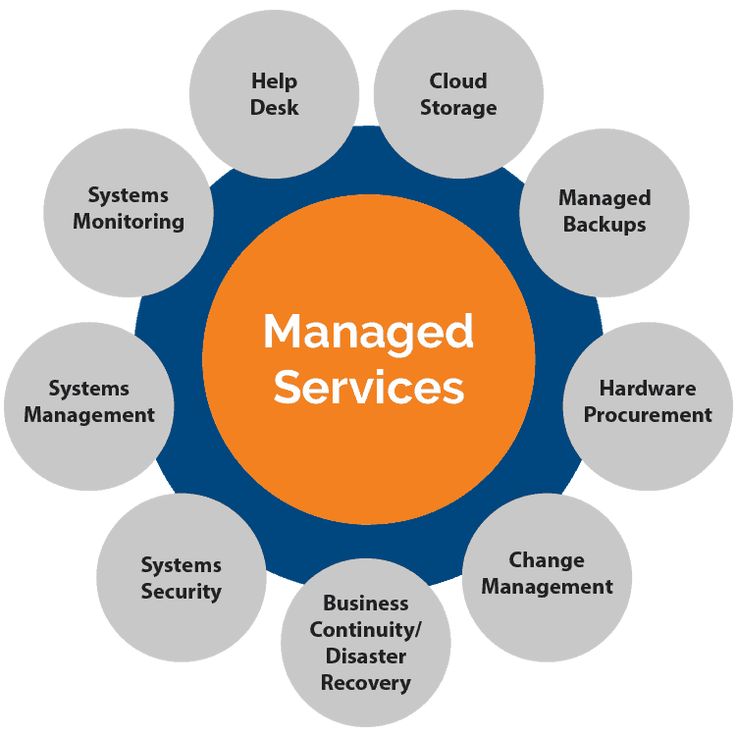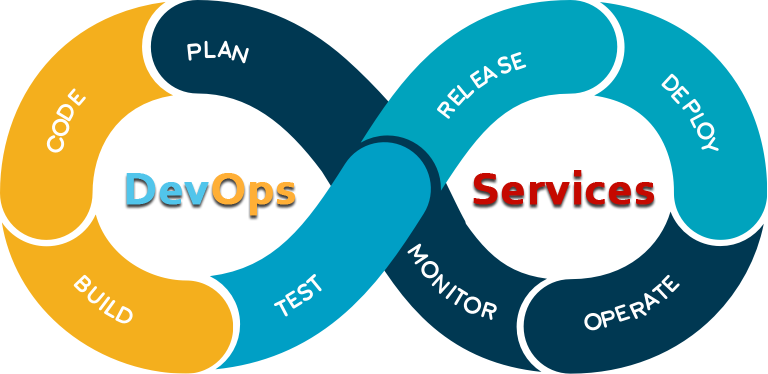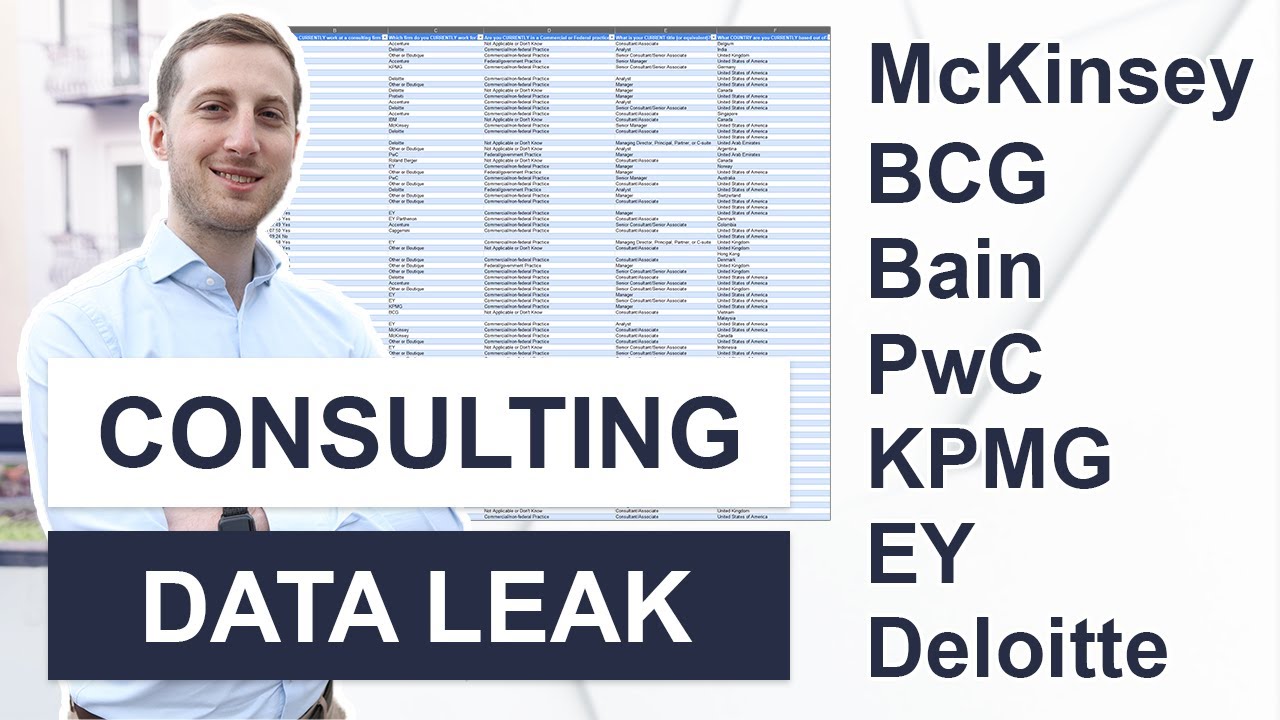
Accounting for software-as-a-service businesses involves a number of important considerations. Revenue recognition and costs must be separated and managed accurately. G&A expenses must be tracked to make sure that they do not impact net operating income. You can use QuickBooks to do this. It is a great choice for startups using SaaS.
Accounting for software-as-a-service companies
Accounting for software-as-a service (SaaS) companies requires special considerations. These companies have to manage multiple payment channels, understand their cash flows, and prepare for tax season. There are many solutions available for SaaS businesses. Some of these solutions are specifically geared toward SaaS companies, while others are more general-purpose in nature.
SaaS providers often have a distributed workforce and operations across multiple states. This makes taxation more complicated. Although most states don't tax these services, SaaS providers are still subject to the sales tax rules of the states where they have nexus. To address these issues, SaaS providers need an accounting team with specialized expertise. Importantly, you should know that taxation has a complicated area and can carry severe penalties if it isn't done properly.

SaaS firms should also be able reporting revenue using the Generally Accredited Accounting Principles. This standardizes business accounts across industries and improves transparency. While cash basis accounting may work well for smaller startups, it's not recommended for SaaS companies. For larger companies or SaaS businesses that rely on subscription-based income, accrual-based accounting is recommended. GAAP compliance is also beneficial for financial analysis and forecasting.
Recognizing revenue
SaaS companies have unique requirements for revenue recognition. Revenue is usually recognized when a contract for the product is signed and the customer purchases it. This revenue is then transferred from balance sheet to income statement. GAAP accounting principles should be used by companies to correctly classify their revenues. SaaS providers must also be aware about their disclosure requirements.
SaaS companies often struggle to recognize revenue due to the fact that certain elements of the product have been customized at the time. The hosting period may also not be the right time for the customer to have access to the software. This means that revenue recognition for SaaS companies is more complicated than that of other kinds of services.
SaaS can be made simpler by defining customer groups and accounting for their revenue accordingly. For example, company J could offer $2,000 for a six months consulting service. This revenue is not included in the revenue from other services. Additionally, how the service is delivered may influence the revenue recognition process.

Costs
SaaS costs may vary widely and they can not always be easily spotted. Some SaaS services have upfront costs and ongoing integration costs. This could mean that you are stuck paying vendor rates if your budget is not sufficient. For this reason, it's important to understand your own needs before making a decision.
SaaS operations costs are generally divided into three categories: research and development, sales and marketing, and general & administration. SaaS companies invest 48% of their revenues in sales & marketing. These costs may be higher for SaaS companies at early stages, as they are trying to build a market and support systems.
Costs of SaaS depend on the type of software and how complex it is. Complex features can take longer to develop and may result in more errors. In addition, the size of the product can affect the cost. For example, a small SaaS application may only require basic features. However, it could cost $300,000.00 if it has too many complex features. It is possible to save money on development by creating a minimum viable version (MVP).
FAQ
What is the cost of hiring a consultant?
There are many factors that influence the price of consulting services. These factors are:
-
Project size
-
Time frame
-
Scope of work
-
Fees
-
Deliverables
-
Other considerations such as experience level, location, etc.
Do I need a degree to be a consultant?
The best way to become an expert on any subject is by studying the subject thoroughly and then practicing what you have learned.
So if you want to learn how to become a great consultant, start studying now!
You may not be able to get hired if you don't have relevant experience but a degree. If you can show that your education is comparable to the job applicants, you may still be eligible for employment.
Employers will always be attracted to candidates who are able to apply their real-world skills.
Why would a company hire consultants?
Consulting provides expert advice about how to improve your business performance. They aren't there to sell your products.
A consultant assists companies in making better decisions by offering sound analysis as well as suggestions for improvement.
Senior management teams often have consultants working closely with them to help them understand their needs.
They provide coaching and leadership training for employees to enable them to achieve their peak performance.
They may be able to advise businesses on ways to cut costs, improve efficiency, and streamline processes.
Statistics
- According to IBISWorld, revenues in the consulting industry will exceed $261 billion in 2020. (nerdwallet.com)
- Over 62% of consultants were dissatisfied with their former jobs before starting their consulting business. (consultingsuccess.com)
- On average, your program increases the sales team's performance by 33%. (consultingsuccess.com)
- "From there, I told them my rates were going up 25%, this is the new hourly rate, and every single one of them said 'done, fine.' (nerdwallet.com)
- So, if you help your clients increase their sales by 33%, then use a word like “revolution” instead of “increase.” (consultingsuccess.com)
External Links
How To
What is a typical day for a consultant?
Depending on what type of work you do, your typical day may vary. But, in general, you will spend your time researching, planning and meeting new clients.
You'll often have meetings with clients where you can discuss issues and solve problems. These meetings may be over the phone via email, on-line, or face-to–face.
Also, proposals are documents that outline your ideas or plans for clients. These proposals will be presented to clients by you and a mentor.
You will need to create content after all your planning and preparation. Writing articles, designing websites, editing photos or conducting interviews are just some of the options.
Depending on the scope of the project, you may need to do some research in order to gather relevant statistics or figures. For instance, you might want to find out how many people you have and if they are buying more than just one product or service.
Once you have enough information, it is time to present your findings and conclusions to clients. Your findings may be delivered orally, or written.
After your initial consultation with clients, you need to keep in touch. You could phone them occasionally to check on things or send an email asking them to confirm that you have received their proposal.
Although it takes time, this process is worth it. It's also important to keep your eyes on the prize and maintain good relations with clients.